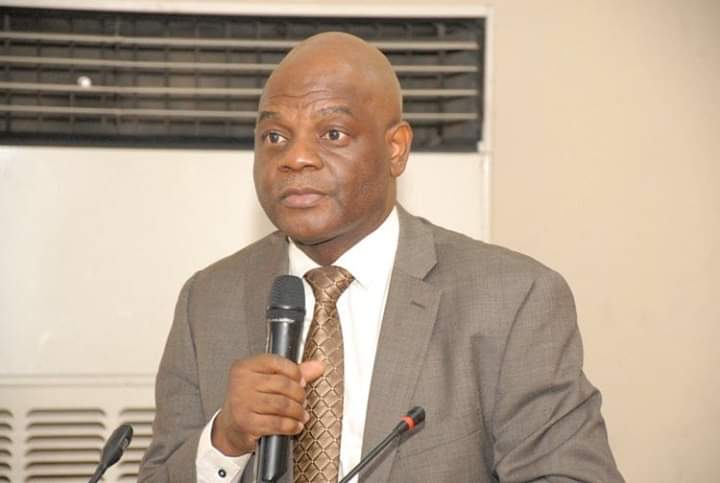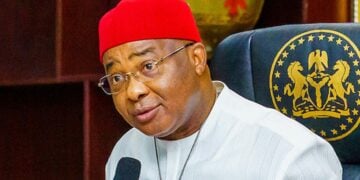The executive secretary, Tertiary Education Trust Fund (TETFund), Arch. Sonny Echono has said with the current economic fluctuations in the country, Nigerian Universities need to develop ways of generating income to complement the government efforts.
Echono stated this while delivering a speech on sustainable funding of tertiary education in Nigeria, during the 60th anniversary celebration of National Universities Commission (NUC) in Abuja.
He urged higher institutions to fully embrace their roles as economic contributors, along with research and teaching.
“Our Universities should be encouraged and supported to seek for additional revenue sources by developing a range of pathways and mechanisms, including ventures related to their core business of education delivery, research and services such as clinical medical facilities, agribusiness and consultancy services that would be self-financing to generate surplus to the institution and similar initiatives.
The Executive Secretary said the near total dependence on Government for Education funding is no longer sustainable, while saying that public tertiary institutions in Nigeria are facing the twin pressure of rising demand and fiscal constraint.
“The country is grappling with a rapidly growing population and declining revenue due to corruption (oil theft) and greater vulnerability to fluctuations in price of oil and the inherent financial sustainability risk. It is, therefore, evident that near total dependence on Government for Education funding is no longer sustainable.
“The National Policy on Education provides that basic education, which is seen as a fundamental right of every citizen, should be free and compulsory in the country. However, tertiary education, which provides a full range of learning options and opportunities, is an investment with lifelong returns to the individual.
“Increased social demand for tertiary education in Nigeria and the desire of the country to participate in the knowledge economy have generated the need for greater investment in tertiary education through sustainable funding. But the question is, where will the funds for the needed investments come from?”
Echono further also the rapid expansion of the higher education system, particularly over the last few decades, coupled with the re-occurring global economic crisis and fiscal stringency arising from the structure and poor management of the economy, has affected the funding of tertiary education institutions in Nigeria.
This, according to him, has exacerbated the endemic problem of poor quality of graduates, overcrowding in classrooms, outdated curricula and deteriorating facilities. Others include high students-lecturer ratio, high ratio of non-teaching staff to teaching staff, inadequate motivation of academic staff and consequential inability to attract academics from across the globe as well as a shift of recurrent expenditures to salaries, and neglect of other essentials such as library, educational materials and complimentary facilities.
The Executive Secretary also stressed that the incessant industrial actions, over the last few decades, by various staff unions in our tertiary institutions, bordering on challenges of funding, have further heightened the need to explore innovative, sustainable funding regimes for tertiary education in the country.
“This implies rethinking stakeholders’ involvement in education financing to secure a qualitative and functional tertiary education system, which is an essential tool for sustainable development.
“A new model of sustainable funding for tertiary education in Nigeria is needed. There are three fundamental areas that need to be addressed.
“The first is the government funding, which is currently below the global average and needs to be increased and deployed in a more transparent manner and better managed,” he said.
An increase in Education Tax to 3%, Echono said will address some of the challenges and fulfil the President’s pledge to the Global Partnership for Education (GPE).





